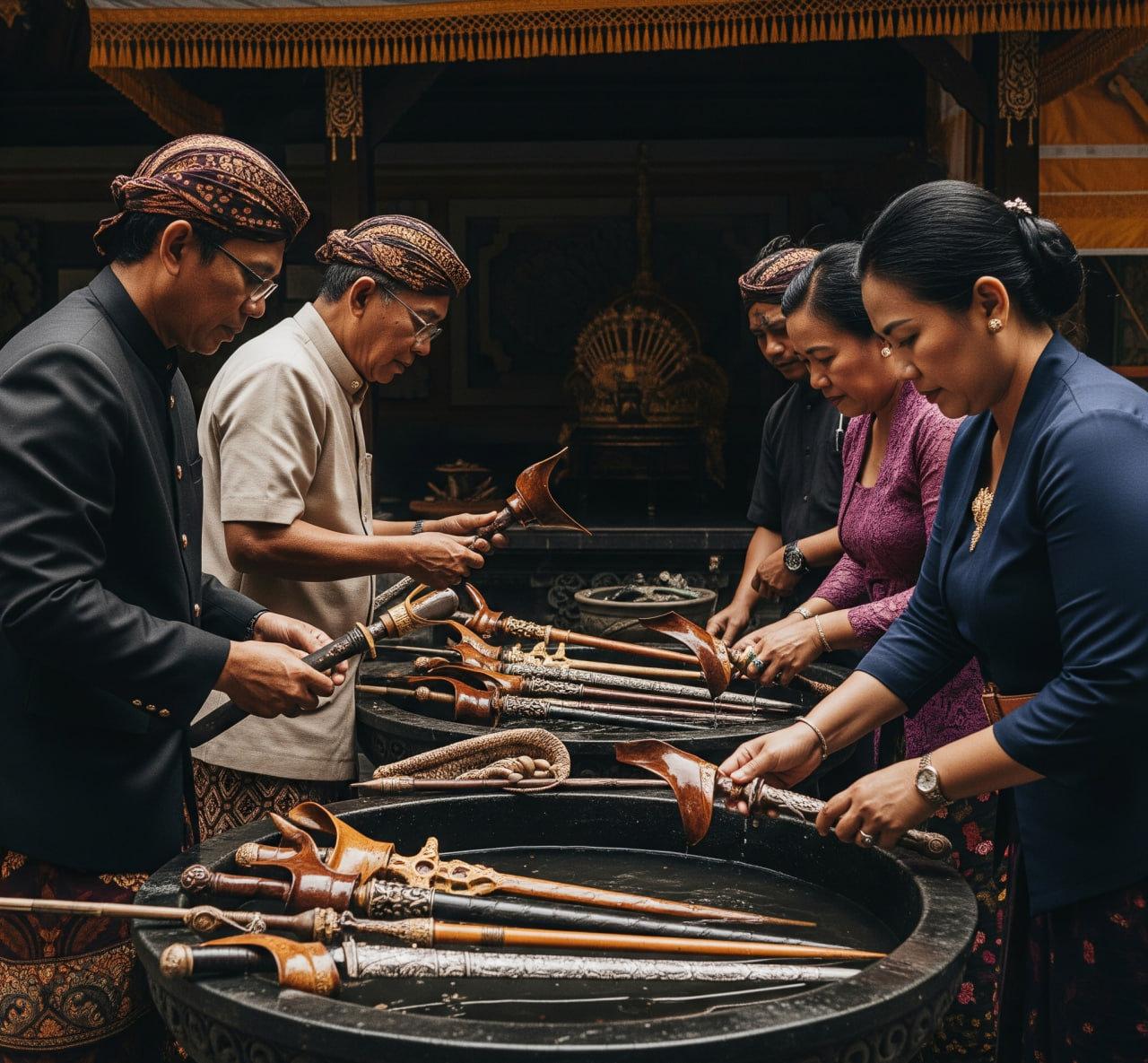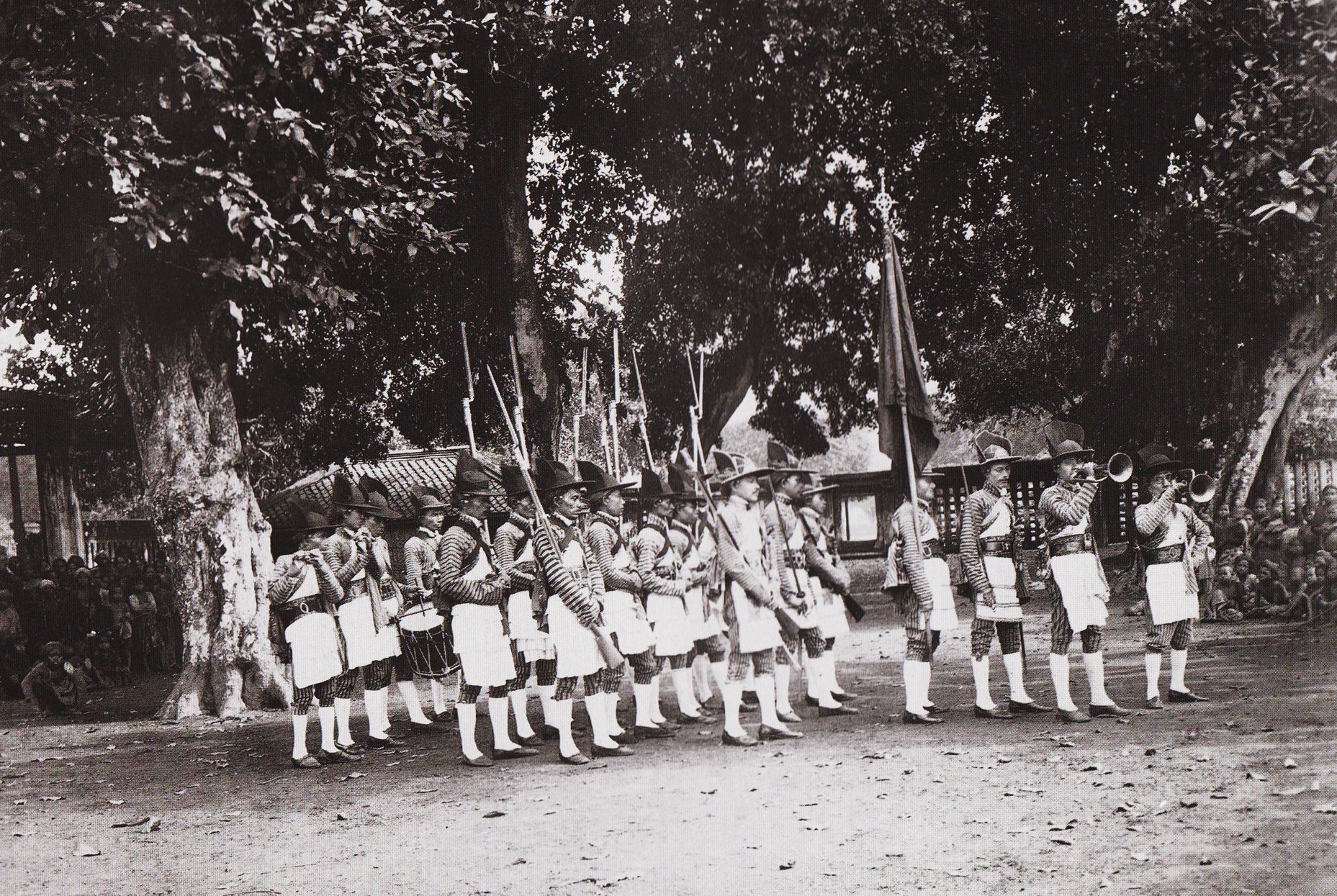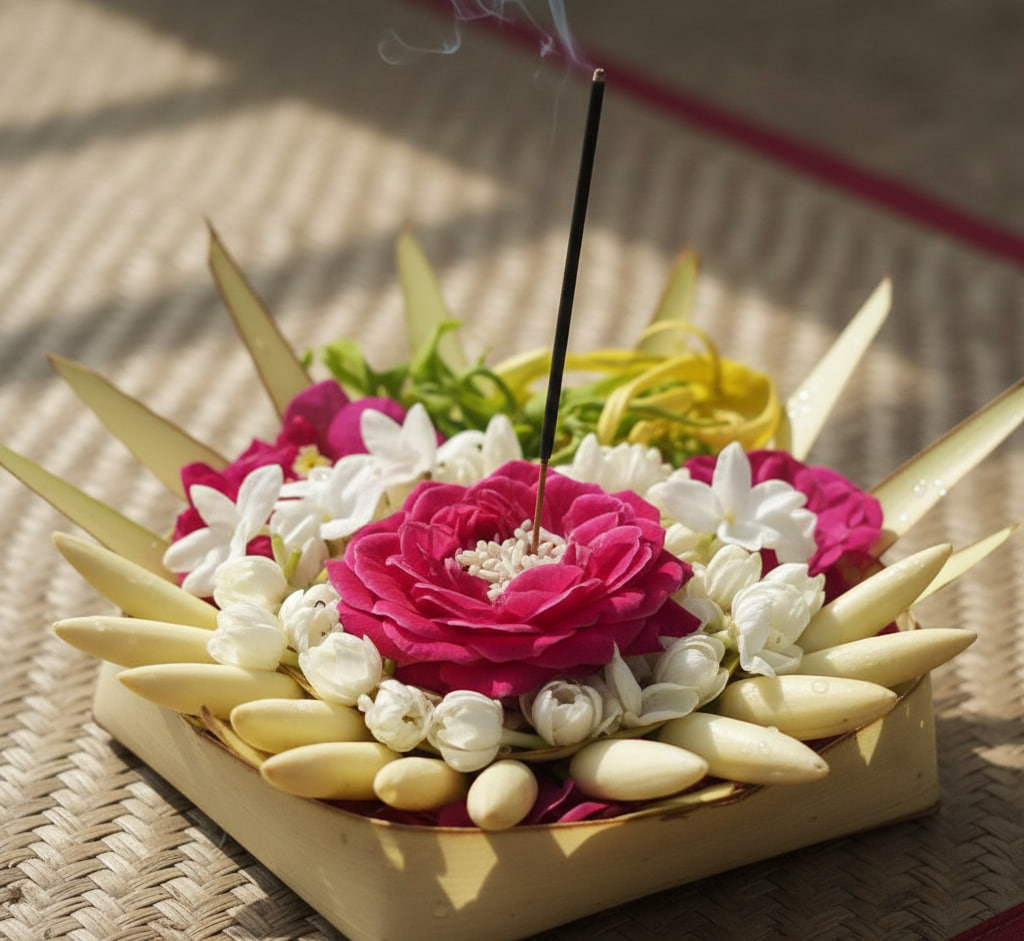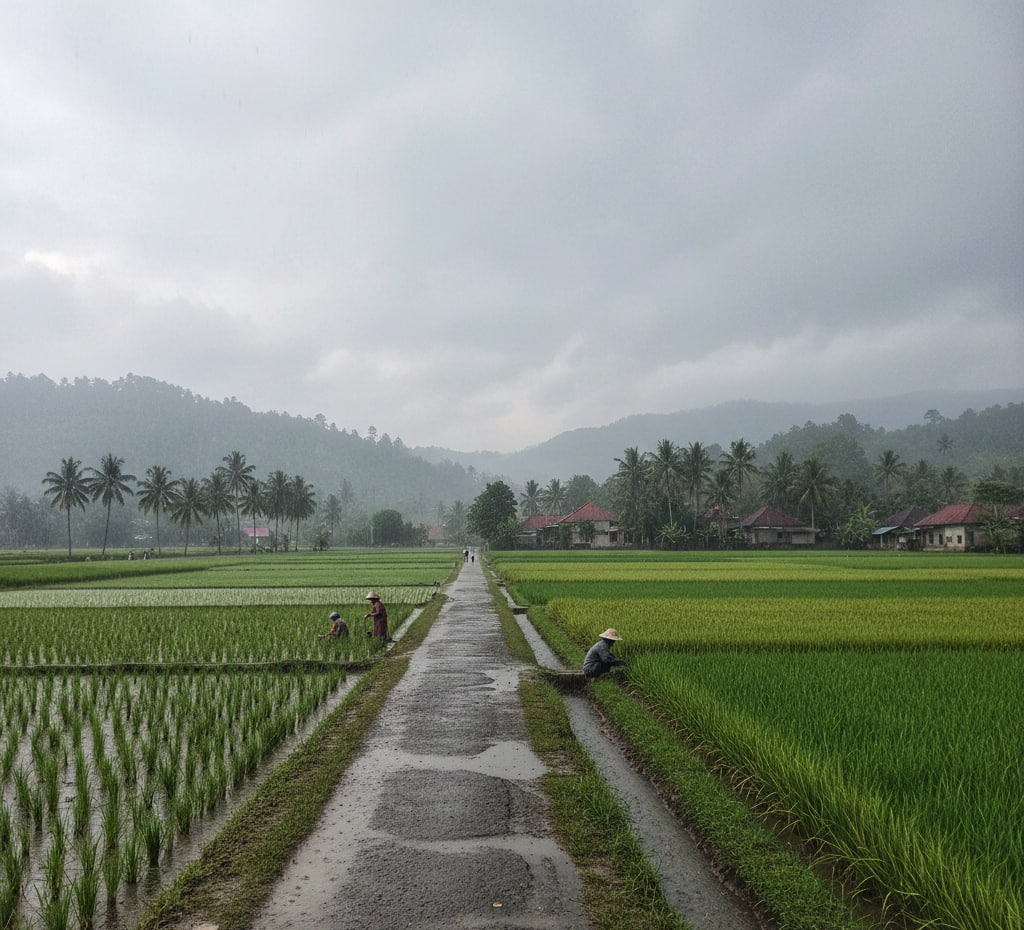News
The Jamasan Pusaka Tradition
Amid the fast-paced and digital modern life, there remains an ancient rite that endures untouched by time: Jamasan Pusaka. A tradition that may seem simple—cleaning sacred heirlooms—yet it holds profound, sacred layers of meaning that even the most advanced ultrasonic cleaner cannot replace. This is how the Javanese people, especially in Yogyakarta, maintain a spiritual connection with their past.
Jamasan Pusaka, or the ritual bathing of sacred heirlooms, involves the ceremonial cleansing of revered royal possessions such as keris (daggers), spears, gamelan instruments, and royal carriages. But don’t imagine it as some kind of car wash. This is a solemn ritual, involving flower-infused water, prayers, and the careful hands of abdi dalem (palace servants)—a process not just anyone can replicate.
This tradition usually takes place in the month of Suro, the first month of the Javanese calendar which coincides with Muharram in the Islamic calendar. The chosen dates are not random either—Tuesday Kliwon or Friday Kliwon are selected due to their believed high spiritual energy. It's a blend of time calculation and belief in cosmic harmony.
At the Yogyakarta Palace, the event often begins with the cleansing of the sacred spear Kanjeng Kiai Ageng Plered, one of the most revered heirlooms. The ritual is performed with great care, every curve of the heirloom gently washed while specific prayers are recited. The water used in the jamasan is never discarded carelessly. Many believe it brings blessings, and some even take it home to sprinkle around their houses.
Jamasan is not merely about cleaning inanimate objects. It is a reminder—that in life, we too need a kind of jamasan: to cleanse our souls, preserve memories, and protect heritage. Behind a rusted keris or a centuries-old spear lies noble values of courage, loyalty, and struggle. Caring for them is, in essence, caring for ourselves—preserving our identity.
This ritual also serves as a bridge between the past and the present. The younger generation, often more familiar with digital screens, is invited to reconnect with their cultural roots. Students, researchers, and even international tourists frequently witness the procession with reverence. Their cameras may be busy, but the atmosphere remains solemn—for in the presence of heirlooms, no one can truly remain indifferent.
Jamasan Pusaka is one of the ways the Javanese show respect to history—without loud proclamations or thunderous speeches. Just water, prayers, and faithful hands working in silence. Quietly reminding us that some old values are becoming more relevant than ever in this hurried world.



